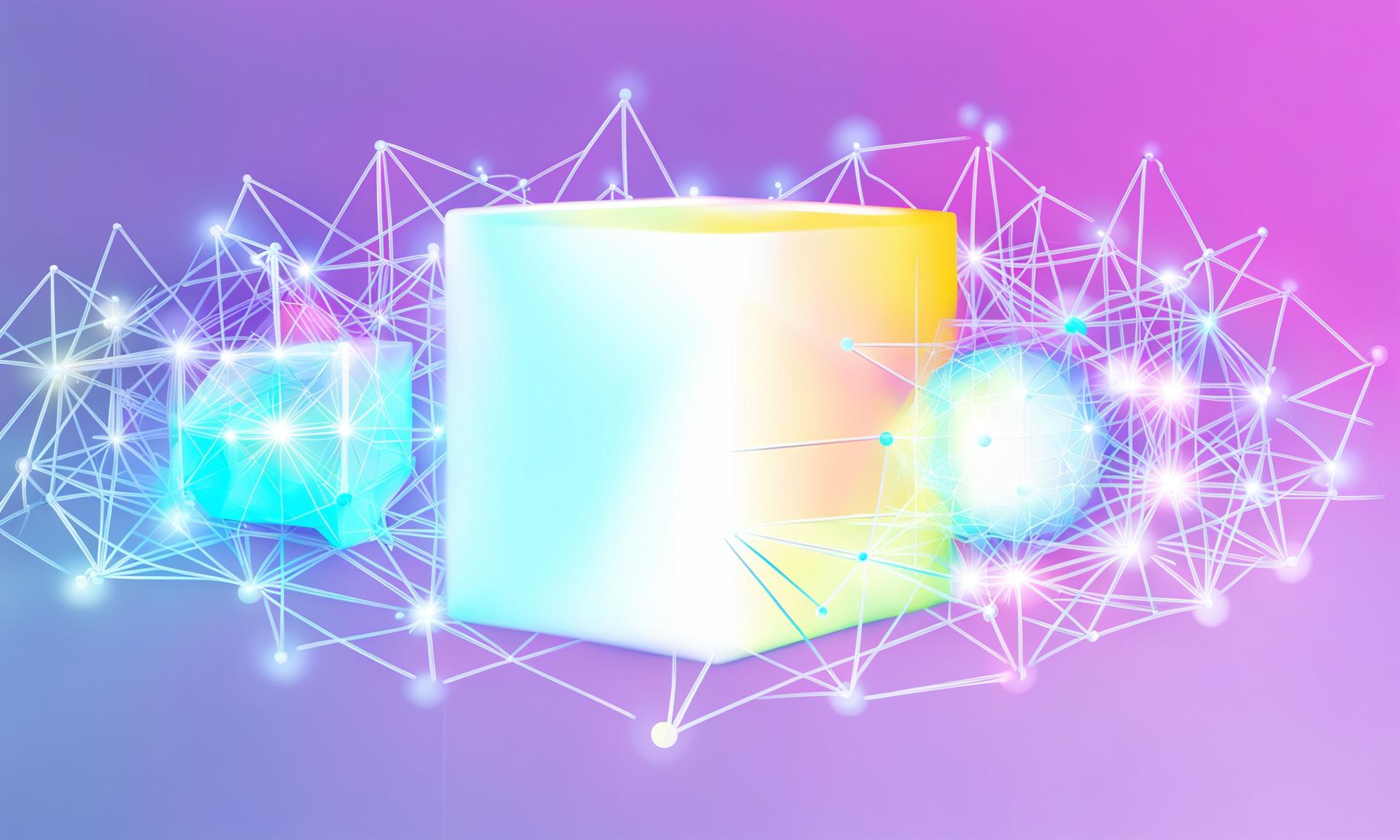How Well Do You Know Blockchain? Test Your Knowledge with This Quiz!
Anonymous User
Created 6/11/2024

Think you know everything about blockchain? Test your knowledge with our exciting quiz and see how many correct answers you can score out of 20!
1. What is the main purpose of Bitcoin as described in the abstract?
To provide a centralized online payment system
To allow direct online payments without a financial institution
To develop a new form of physical currency
To replace all existing banking systems
2. What mechanism does Bitcoin use to prevent double-spending?
Digital signatures
Public ledgers
Proof-of-work
Trusted third parties
3. What incentive does Bitcoin offer to nodes to support the network?
Transaction fees only
Newly created coins
Central authority rewards
Access to premium features
4. What is analogous to gold mining in the Bitcoin network?
Data mining
CPU time and electricity
Collecting transaction fees
Running full nodes
5. How can older transactions be discarded without breaking the block's hash?
By using digital signatures
By using a Merkle Tree
By redoing the proof-of-work
By creating a new blockchain
6. What component of a block is used to link transactions in Bitcoin?
Block header
Block hash
Merkle root
Nonce
7. What must a user obtain to verify payments without running a full node?
Full copy of blockchain
Block headers of the longest chain
Transactions details from trusted nodes
Proof-of-stake tokens
8. What ensures a Bitcoin transaction is included in a block even if dropped by some nodes?
Immediate re-broadcast
Inclusion in mempool
Best effort message broadcast
Manual confirmation by miners
9. What is stored in the block header?
Transaction details
Prev Hash and Nonce
Full list of transactions
Digital signatures
10. Who is the author of the Bitcoin whitepaper?
Vitalik Buterin
Charlie Lee
Hal Finney
Satoshi Nakamoto
11. What must be publicly announced in Bitcoin's system for it to work?
Newly created coins
All transactions
Network's hash rate
Block rewards
12. Which component of a Merkle Tree does NOT need to be stored?
Root
Leaves
Branches
Interior hashes
13. What is the primary security assumption in Bitcoin's network?
The network nodes are all honest
Majority of CPU power is controlled by honest nodes
There are no more than 100 nodes
Transactions are reversible
14. What breaks a tie if two different versions of the next block are broadcast simultaneously?
The earliest timestamped block
A random node's decision
Proof-of-work on the next block
Manual intervention by miners
15. How are transaction fees determined in Bitcoin?
By the network nodes
By the sender
By the receiver
By the block reward system
16. What is the role of timestamps in Bitcoin's transactions?
To identify transaction delays
To prevent double-spending
To calculate transaction fees
To identify the sender
17. What is required for a transaction to be confirmed in Bitcoin?
Majority agreement of nodes
Signatures from both parties
A manual verification process
Central authority approval
18. What does the notion of 'longest chain' represent in the Bitcoin network?
Sequence of events witnessed by nodes
Number of transactions verified
Amount of data stored
Network's computational power
19. What primary issue does the Bitcoin whitepaper address?
Transaction fees
Double-spending
Mining difficulty
Network scalability
20. What is used in a Merkle Tree to verify a transaction?
Root hash
Branch hash
Merkle proof
Transaction hash

